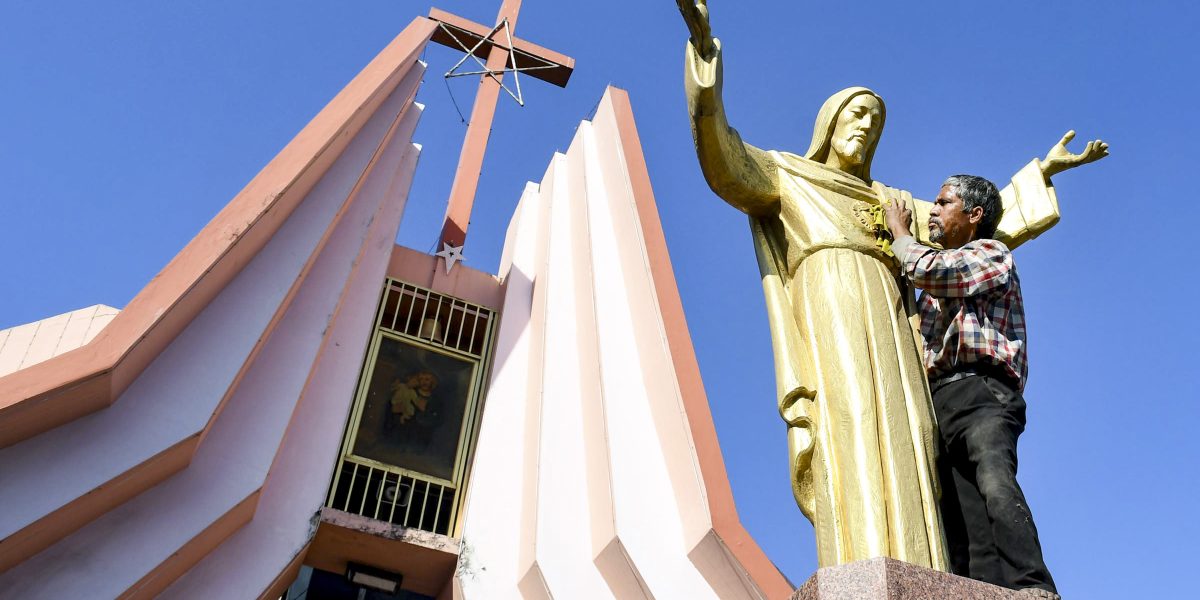Dual citizenship would violate Citizenship Act, 1955 and the Constitution; petitioners question CAA claim to help persecuted minorities, as Ahmadiyyas, Rohingyas, Sri Lankan Tamils all excluded

The Rules of the Citizenship (Amendment) Act do not require foreign applicants to effectively renounce the citizenship of their native country, creating a possibility for dual citizenship which is directly violative of the Citizenship Act, petitioners argued in the Supreme Court.
Written submissions filed by the petitioners ahead of the April 9 hearing of their plea to stay the CAA Rules, which were notified on March 11, said that Section 9 of the Citizenship Act of 1955 and Article 9 of the Constitution both clearly and explicitly prohibit the acquisition of dual citizenship.
The Rules of the Citizenship (Amendment) Act do not require foreign applicants to effectively renounce the citizenship of their native country, creating a possibility for dual citizenship which is directly violative of the Citizenship Act, petitioners argued in the Supreme Court.
Written submissions filed by the petitioners ahead of the April 9 hearing of their plea to stay the CAA Rules, which were notified on March 11, said that Section 9 of the Citizenship Act of 1955 and Article 9 of the Constitution both clearly and explicitly prohibit the acquisition of dual citizenship.
The CAA aims to grant fast-tracked Indian citizenship to “illegal migrants” belonging to persecuted members of Hindu, Sikh, Buddhist, Jain, Parsi, and Christian communities from Afghanistan, Bangladesh, or Pakistan who had entered India on or before December 31, 2014.
This story was originally published in thehindu.com. Read the full story here.





